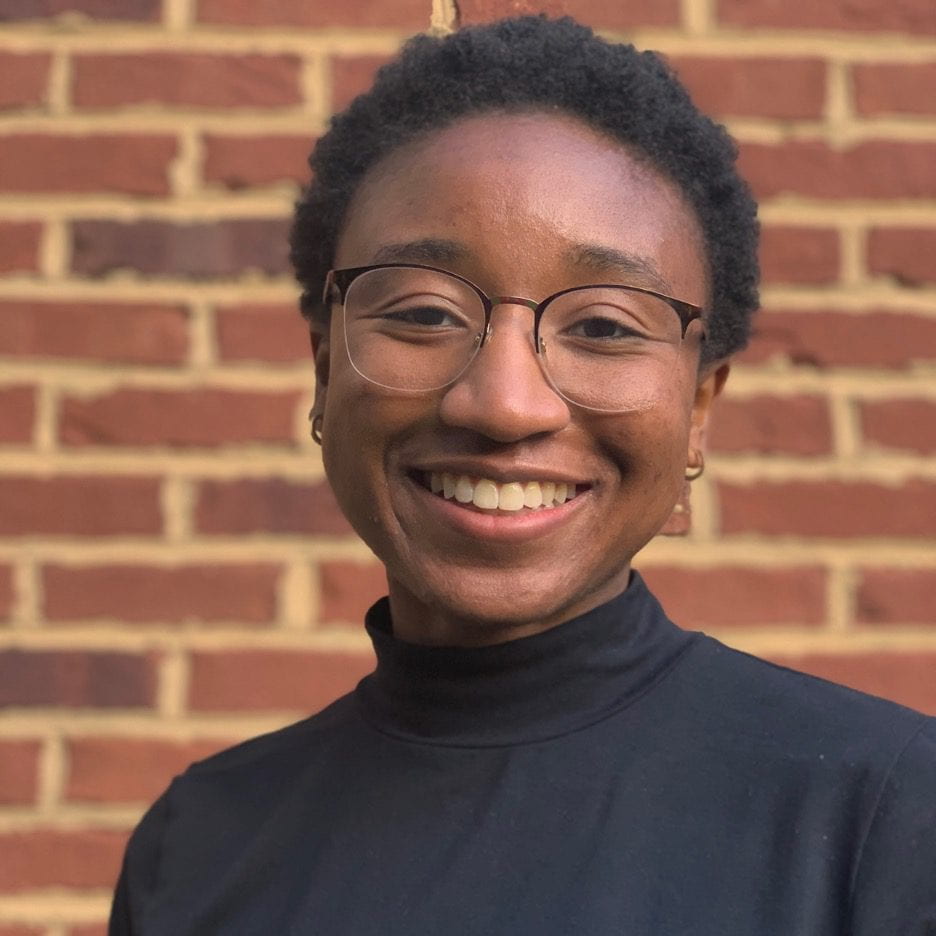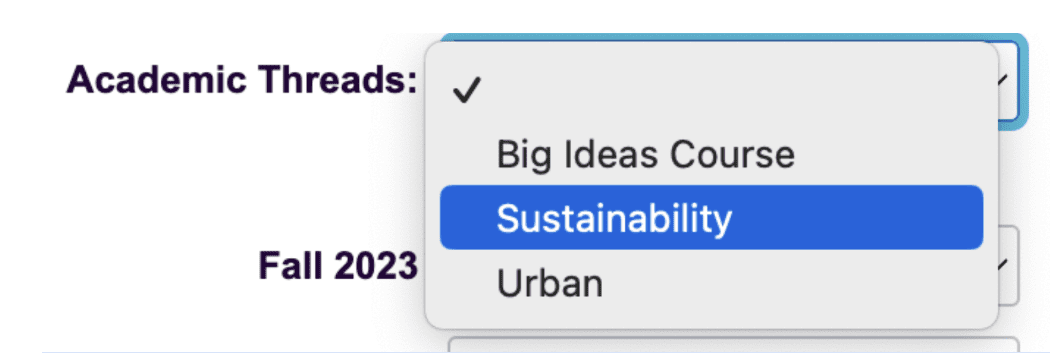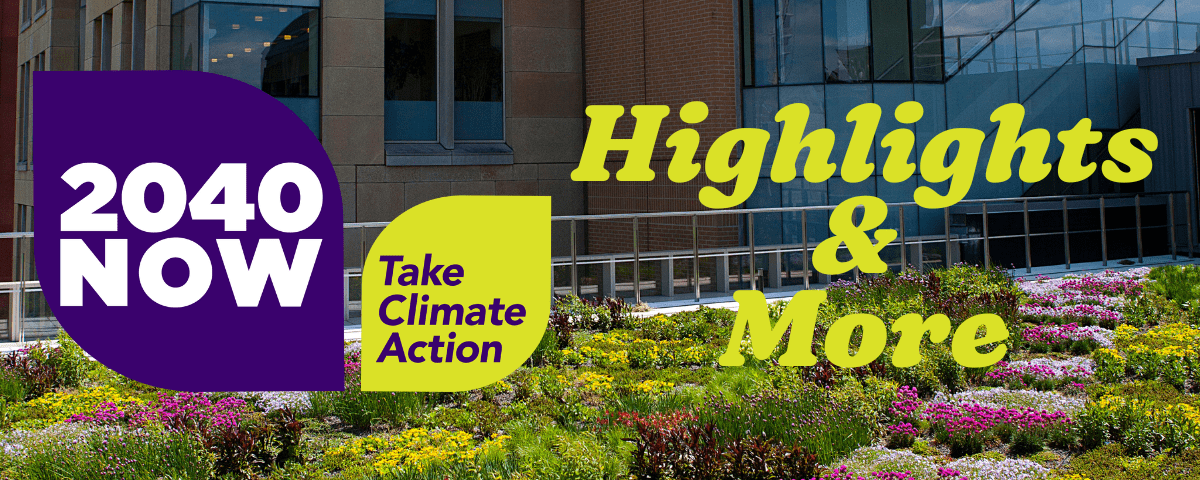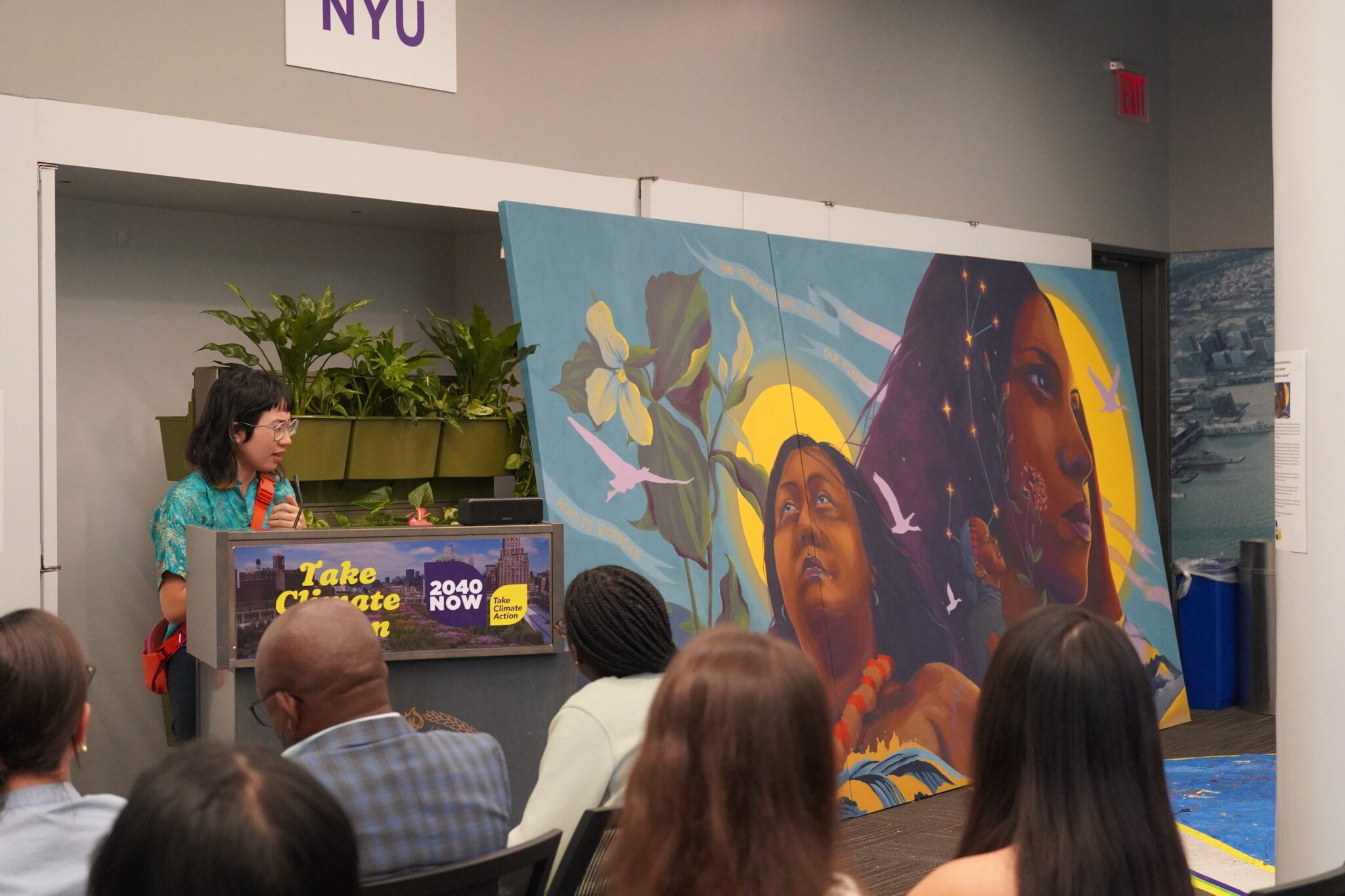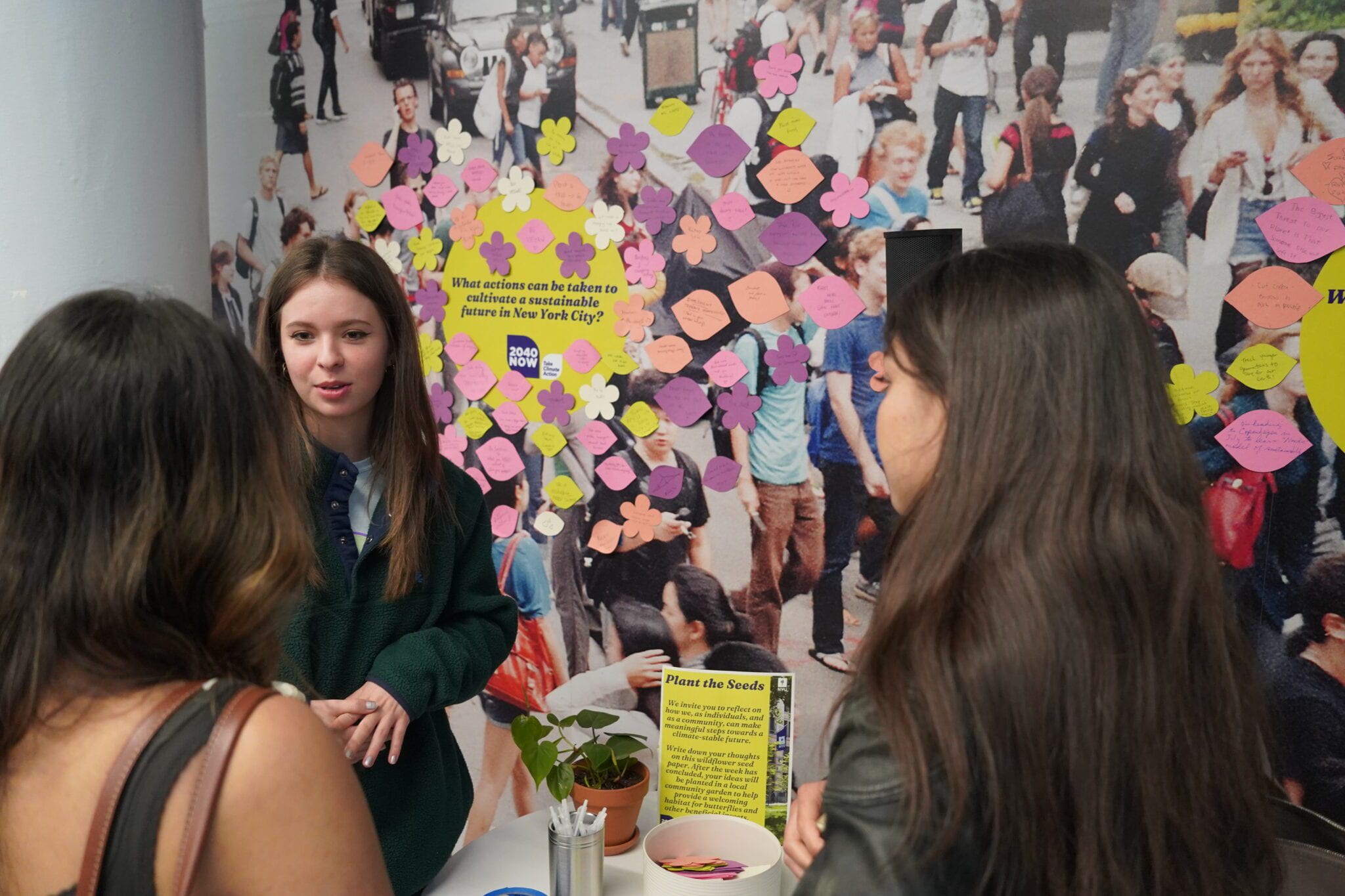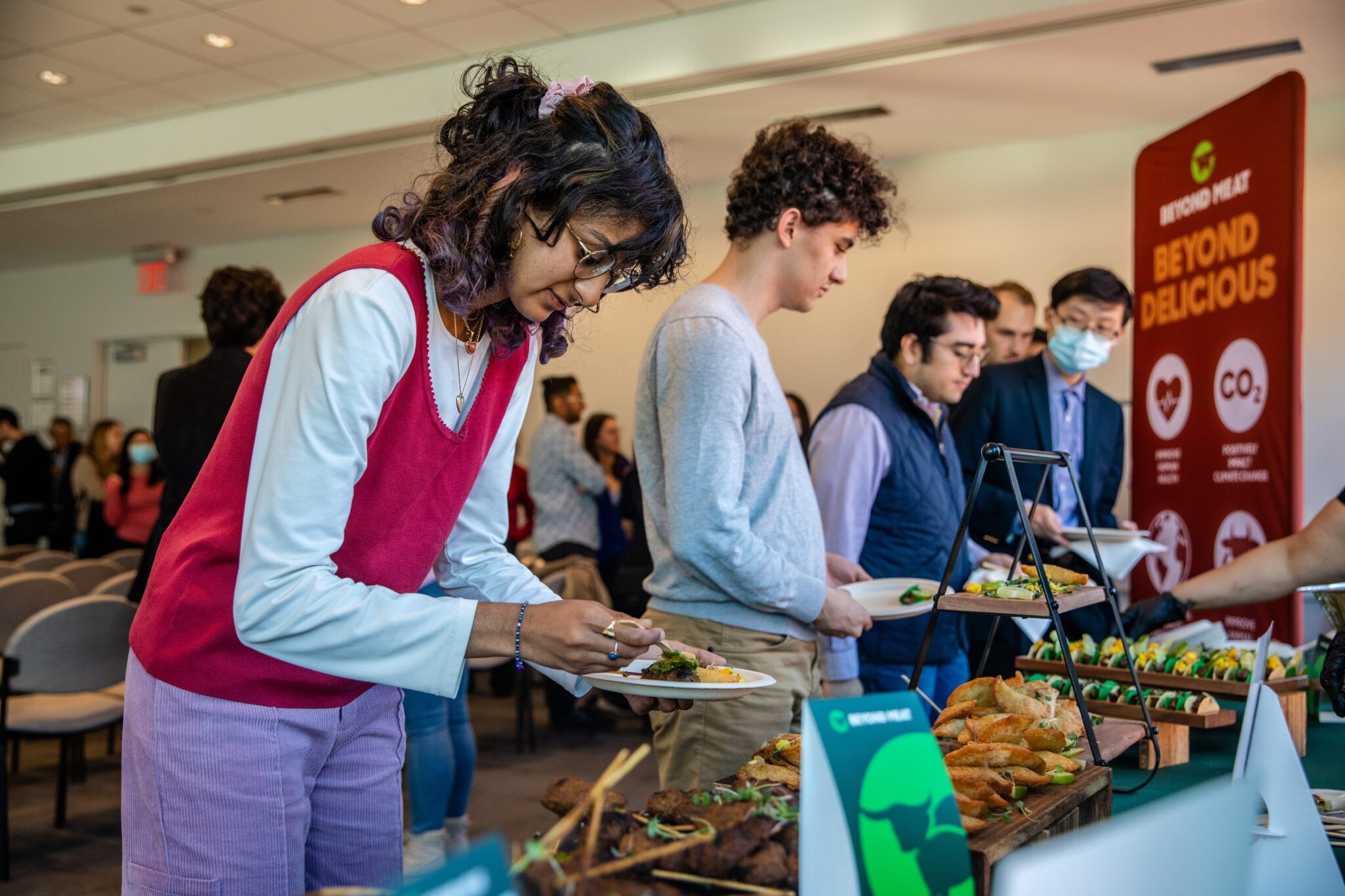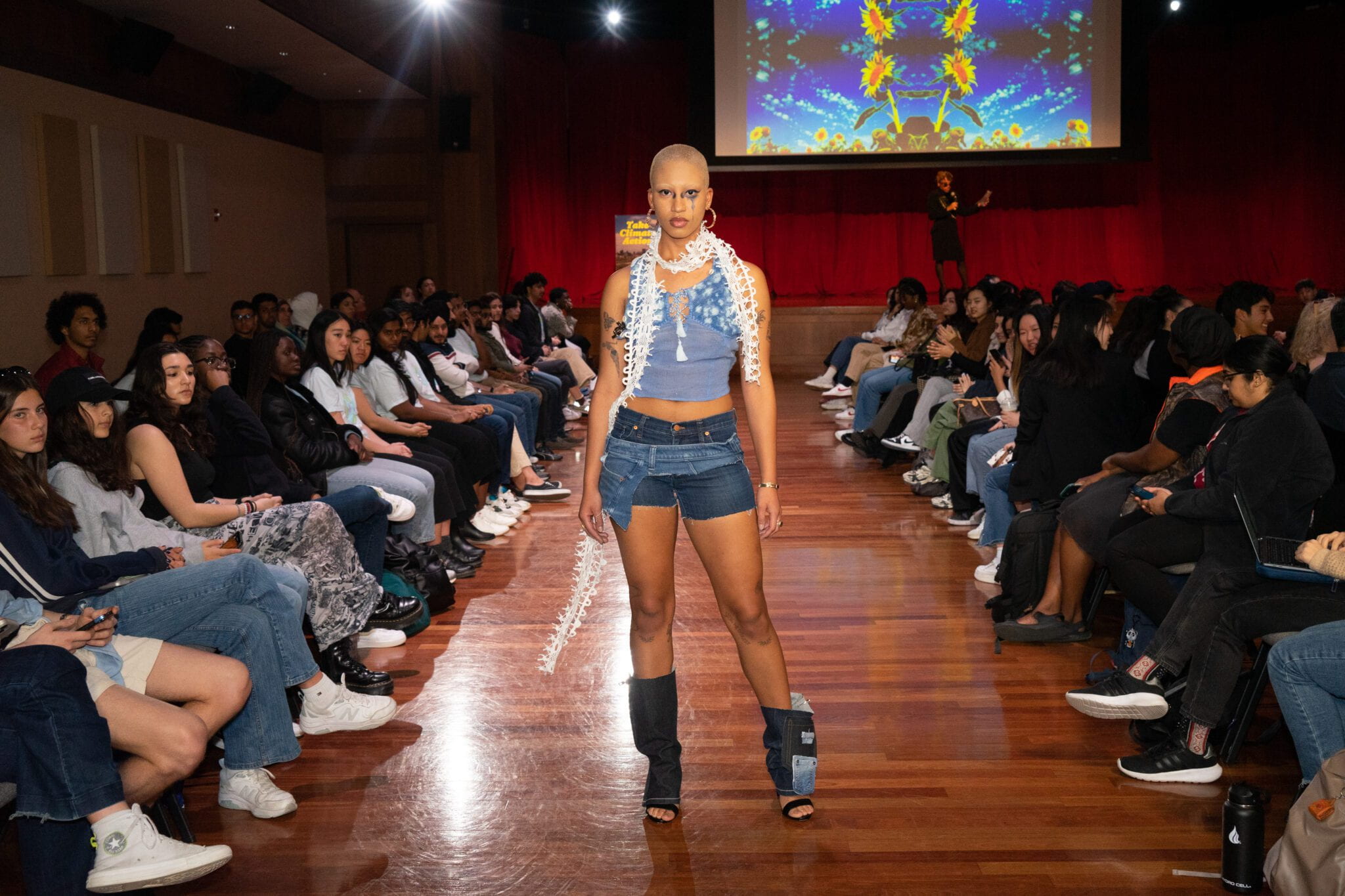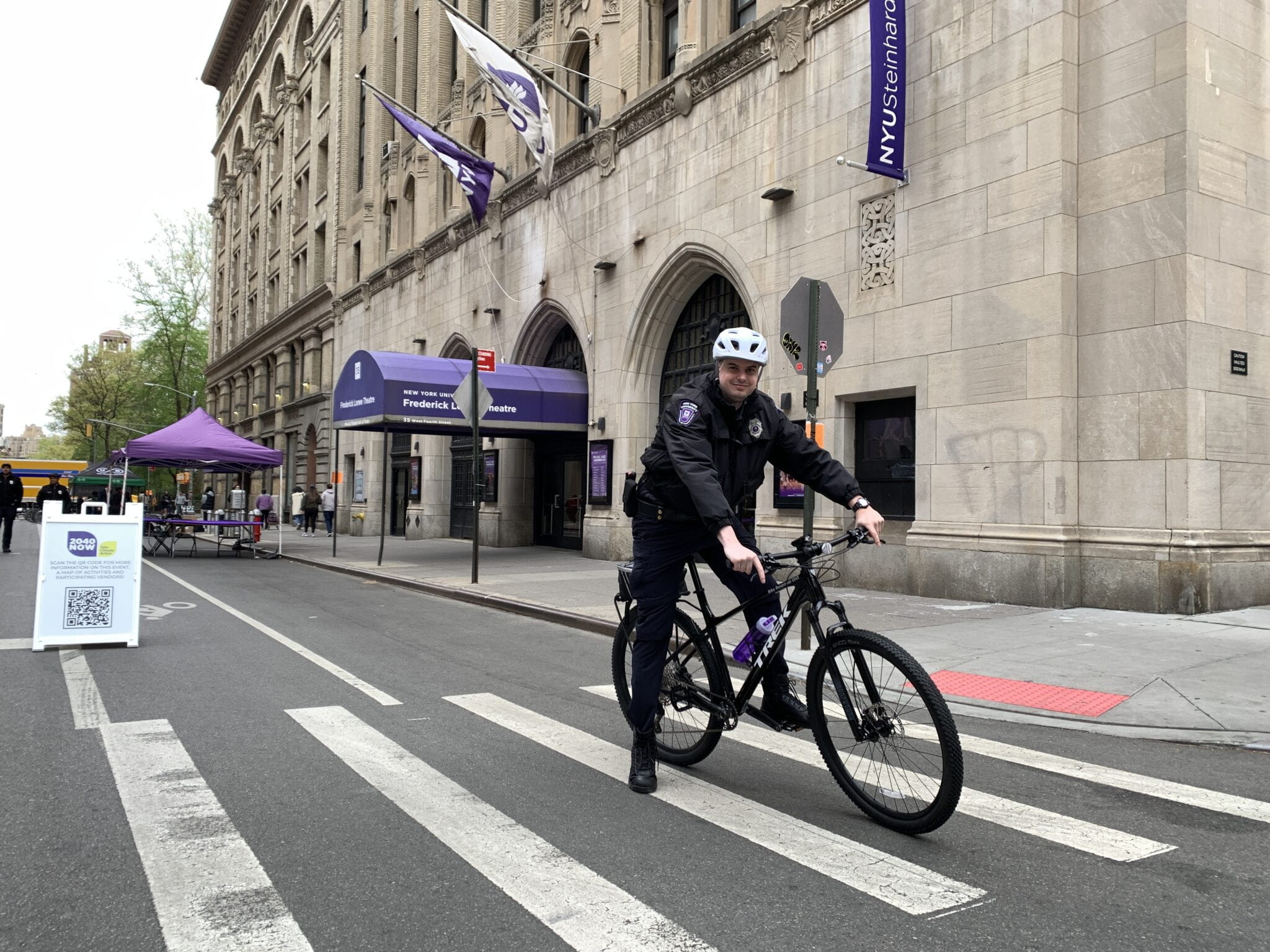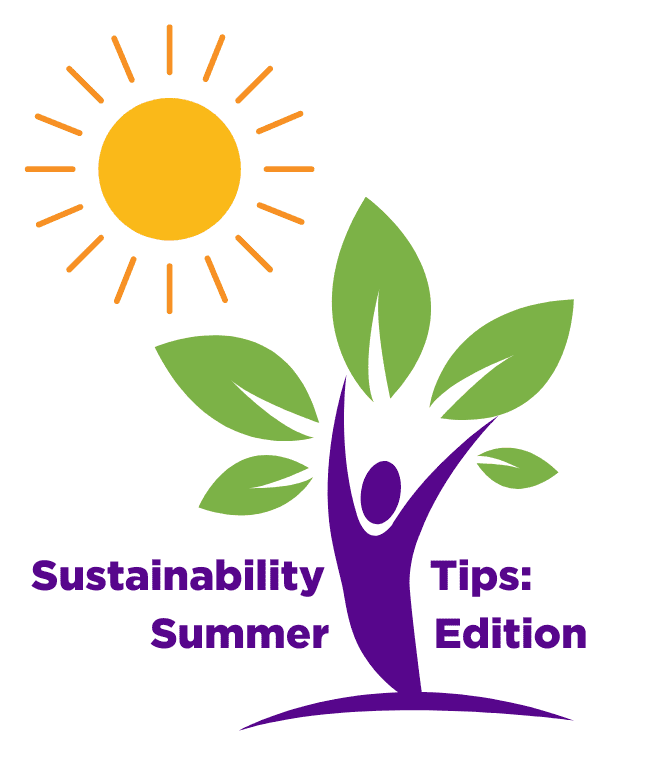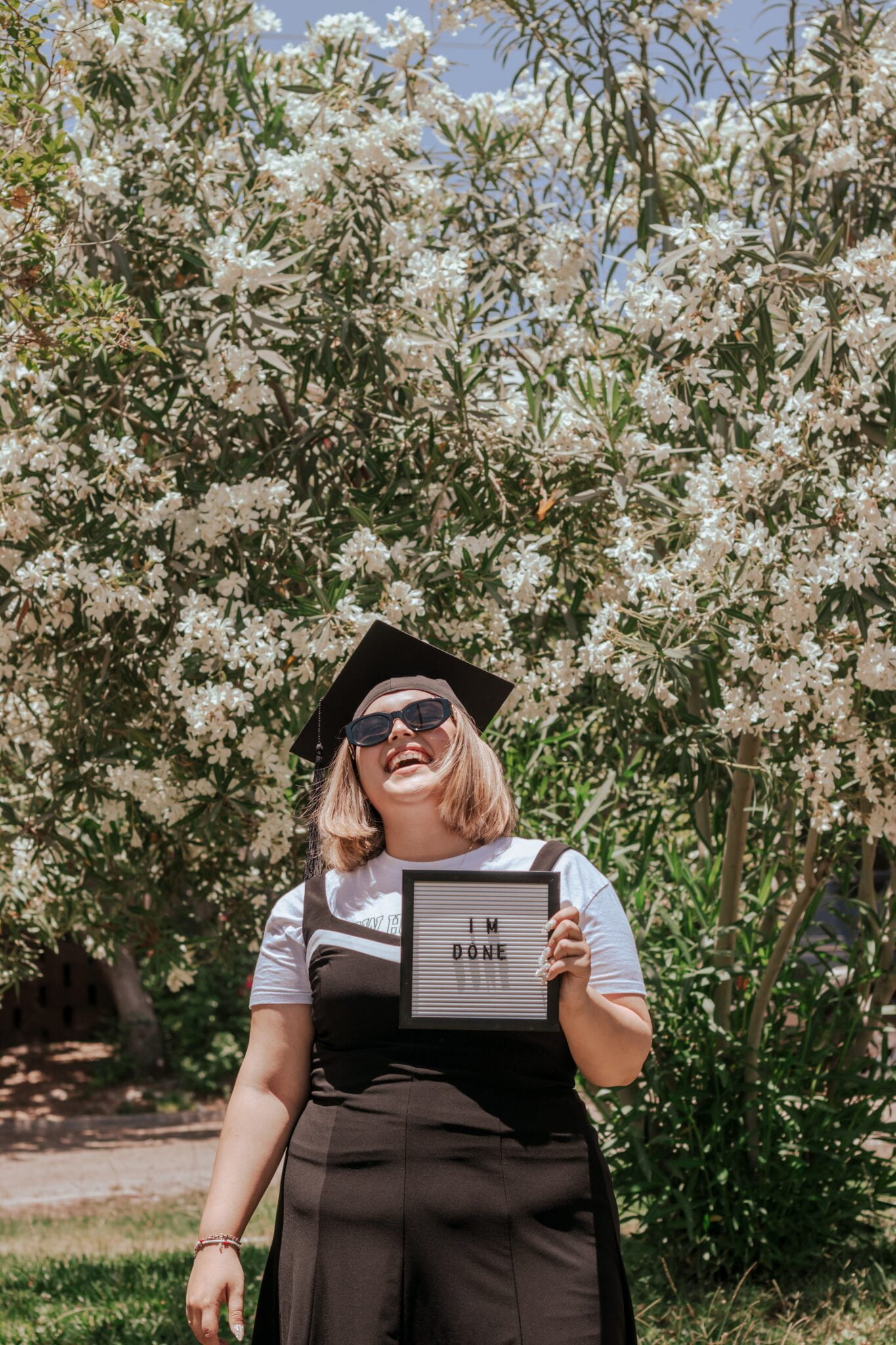By Aisha Balogun
This analysis was written by Aisha Balogun (pictured on the right). Aisha holds a Master of Urban Planning from New York University and a dual BS/BA in Engineering (Architectural Design) and Sociology from Stanford University.
Teaching Objectivity: Where Are We, Where Do We Go From Here?
“The stories we tell about a place shape its fate.”
Dr. Marisa Solomon shared this quote from a Nigerian artist during the 2022 Environmental and Racial Justice Network Fall Summit. At first, storytelling may sound like something that ought to be restricted to the family home and private life. In our time of hyper-partisan policy processes and media, professionals commonly claim to provide an objective analysis of problems and solutions in order to appeal to a broad audience.
My urban planning education has already begun to push back on this restricted conception of stories and the gold standard of objectivity. In my data analysis courses, we were taught that in order for data to drive action–in order for data to have meaning for those who encounter it–the analyst must craft a story. In a policy analysis course, we discussed case studies in which the methods and assumptions used in policy-driven research were warped to serve specific stories about our nation held by people in power.
Already, my time in higher education has taught me that stories drive our understanding of the world–both in personal and professional settings. In this sense, objectivity is a fickle concept: stories aren’t objective. Stories come loaded with embedded cultural values and expectations of cause and effect. These pre-loaded values and expectations make stories so powerful to begin with: they provide an accessible frame in which to understand social problems, which then provide a basis for the professional solutions higher education trains us to provide. Stories may be hard to detect behind statistical measures and scientific methods, but all work of interpreting research and diagnosing problems involves storytelling.
So, what next?
“Uplift community voices” is a common refrain I’ve heard in my education. This is a necessary place to start. People in historically marginalized communities should have more power to shape the stories told about their communities that shape major policy decisions. In America, this means greater narrative power granted to communities of color and low-income communities. However, stopping here is not enough. As we face increasingly complex social issues over a broad swath of communities, whose stories will take precedence over others?
I see the next step in re-orienting our understanding of stories and objectivity within professional work as a process of directed individual reflection. A break-out session I attended during the 2022 Environmental and Racial Justice Network Fall Summit, facilitated by Dr. Saudi Garcia, provided an excellent roadmap for this process. She encouraged participants to critically evaluate how our identities inform the community-centered work we pursue by thinking through questions like “What are the different dimensions of your life and your work within which you think about ethics?” and “With whom do you work and with whom do you share your knowledge?”.
A crucial part of this process was discussing our findings after reflecting on our questions. Rather than using our personal experiences as a shield that justified any and all approaches within our work, the process of discussing with a diverse group of individuals opened up our stories to constructive critique. What communities, perspectives, and experiences may be left out of our stories? How can we actively pursue collaboration with the intention to address our own blind spots? Recognizing, again, that the perspectives of communities of color and low-income communities are those most often left out of mainstream American stories, Dr. Garcia clearly incorporated a racial justice lens in our collective evaluation process.
If higher education is serious about critically evaluating the idea of objectivity–as it should–then it must also provide students with the space to collectively critically evaluate their own stories, their influence on their own work, and the role of our understandings of race and class play in both.
This blog post is the first of a two-part student series that analyzes and reflects on the Environmental and Racial Justice Network‘s Fall Summit titled Teaching at the Margins – Centering Critical Voices in Environmental. The Critical Voices Working Group, executively sponsored by ERJN, creates a platform that permits exchanges with and between communities of color on if and how academic institutions should discuss, teach, and conduct research with and about those at the forefront of the environmental crisis.

